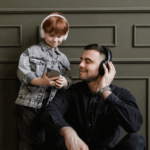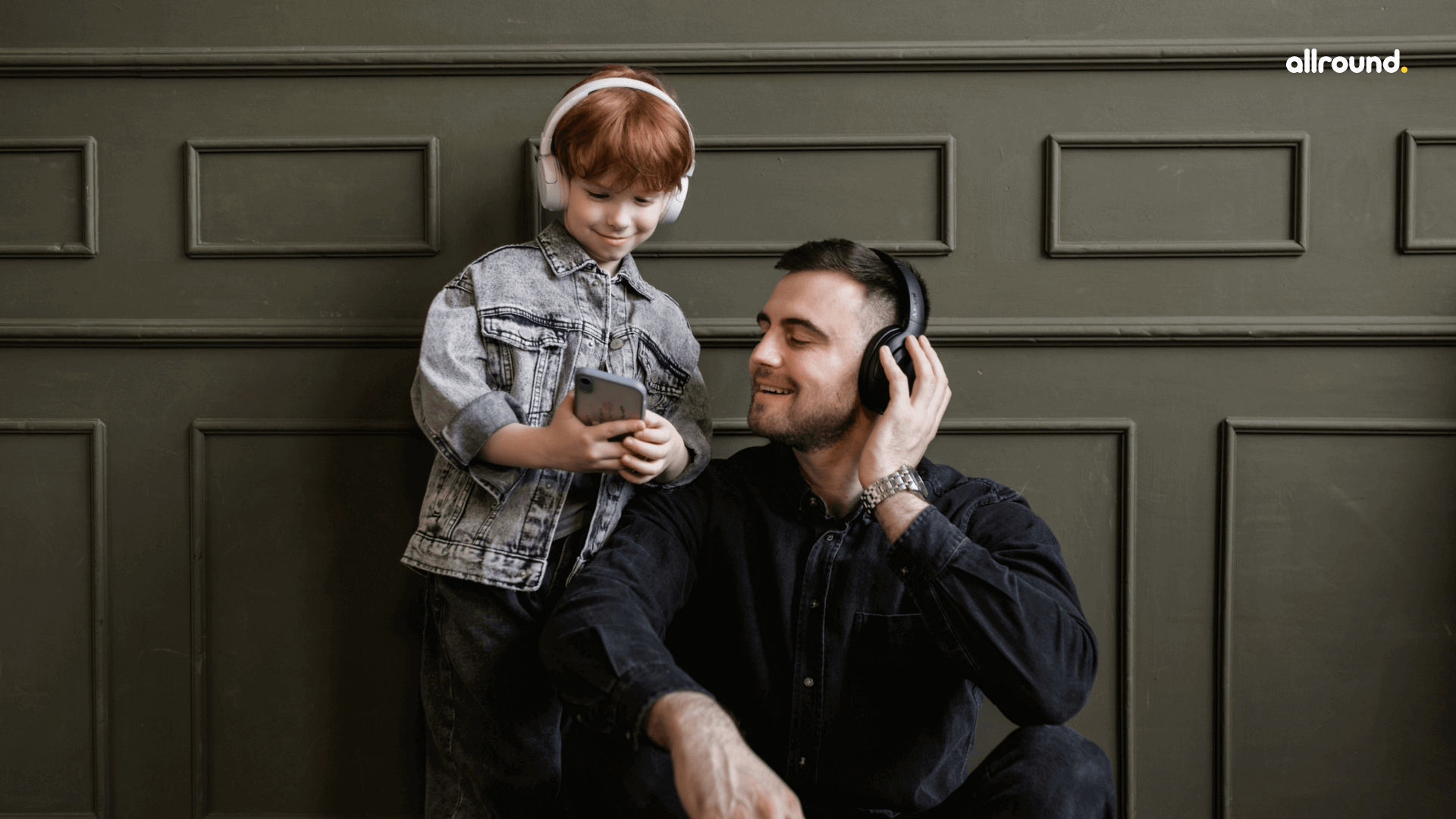Guide To Increase Your Child’s Active Listening Skills5 min read
It’s not rare for kids to have selective hearing. This is when they can’t hear things they want to hear. Sometimes, it can be hard to tell if your child is listening or not. If your child is not listening, it could be a sign that they are struggling to understand what you’re saying to them.
Parents have trouble when their child no more listens to them. Some families are struggling with such situations. This causes the child to have poor listening skills in the future making them weak in their academics too. Can we tackle this situation?
Yes! There are several strategies to address the issue. But the most basic thing is Communication. Due to the influence of Social media, Hectic work schedules, Business works, and the Latest trend of Work from home due to the pandemic have affected the basic communications we make with our family and children. Communication is a two-way street. Having a good relationship with your child can help boost their listening skills. When it comes to communicating with your child, you must treat them with the respect and consideration they deserve. Understanding your child is more important than just having a good time! You must also make an effort to understand your child better.
Contents
Active Listening Skills
Active listening is a great way to improve communication with your kids. It lets them know that you are listening to them and that they can talk to you about their problems or hopes. Being a good listener means paying attention to the details of the message your child is trying to convey. You also need to assess what is important to the child to get a full understanding of your child trying to convey a message.
Poor Listening Skills
Having poor listening skills can have a significant impact on a child’s ability to communicate effectively and efficiently. This impairs their ability to play with others, socialize and engage in resourceful games. Aside from being able to listen to their teacher, poor listening skills can also affect a child’s learning. Children with poor listening skills often have a hard time distinguishing between different sounds. This is called Phonological Awareness. This is a learning process that helps children recognize and hear different elements of a word. Having a hard time with this process can lead to various problems in the future.
Activities to develop Active Listening Skills in Children
Model it Yourself
It’s also important that you model positive listening skills to other people too, especially when kids are around. You must treat your child with the same amount of respect that you would want to treat them. When they communicate with you, make sure to respond and react to their needs. It helps to maintain eye contact and repeat what your child tells you.
Talk to your child
While you’re cooking, tell them what you’re doing so they can understand. Tell them about a moment in your life that you’re grateful for. Tell them about the project that you’re working on, or about any events that happened during that day. Then, get them to describe the events of their day. This will help them understand what happened and will also help them develop a good rapport with you.
Give Precise Instructions
It’s very important to avoid over-explaining to your child while assigning a task. Instead, tell them what you expect from them. Give them a set of tasks to do, and ask them to repeat everything that you said to make them understand everything that you said.
Be a Friend
Ask them about their recent events and activities regularly. This will allow them to connect with you casually. Asking them about their interests and past events will make them feel like they’re already talking to a friend.
Ask them about their Preferences
Ask them what they want to read, what game they would like to play, and what clothes they would wear.
Being able to listen to them clearly and keep their cognitive and understanding abilities in mind are two of the most important factors that you should consider when it comes to talking to your child. Having a discussion with your child about their actions and behavior is also important to teach them the consequences of their actions. This can help them develop listening skills.
Listen Together
Then consider working together with a few activities.
Having the right listening cues can help develop a child’s listening skills. This can be done by providing them with audiobooks that they can listen to while following the instructions.
You can also listen to the stories together, and ask your child to remember the events that happened before they stopped. They can also learn songs and actions with dancing and action commands.
Read Together
When reading to kids, make the story a two-way process. After reading, ask your child to guess the next step. You can also ask them what they liked most about the story. They can also tell you what they would change about it if they had a chance to see it through. Learning a story helps them develop their versions of it. They can also play with it and make it fun.
Teach Something they Like
You can also teach your child something that they are curious to learn. You can teach them how to cook, bake, or garden while simply providing them with verbal instructions. This can be used for various activities, such as sewing and teaching a sport. It will teach kids to listen and follow your instructions.
Role-Play Together
Try Playing parts of some movies or series. A theatre experience that engages children in learning and reacting to different storylines will teach them self-control and build their confidence. You could also watch programs and movies for children on the Internet that involve viewer participation. Then you can try doing a Role-Play with them. Let them choose a scene and direct their actions and dialogues. This can improve your relationship with your child.
Conclusion
Aside from being able to communicate clearly, this is also one of the most important factors to keep in mind when it comes to developing a child’s listening skills. You must treat your child with respect and understanding when it comes to communicating. This is the reason why it is so important that you treat them with the same amount of consideration and respect as an adult.





